Proverbs to understand Venice and Venetians
.png)
Behind the curtains of set phrases, proverbs and ways of saying that Venetians use to share every day, a real treasure is hidden. It's a treasure made up of culture and traditions.
Many Venetian proverbs are related to food culture: they tell us about the love for wine, but they are also about poor food, like polenta, and the food that was once lacking and was never enough.
Behind the splendor of the noble palaces and the beauty of Saint Mark's, behind that amazing Venice, there's a genuine one, and in constant turmoil.
That Venice truly belongs to Venetians: maybe it's less sparkling and more rustic, but infinitely precious.
Here now let's discover 10 of the most colorful, funny and rustic Venetian proverbs. With their English translation, of course.
Venetian proverbs about wine
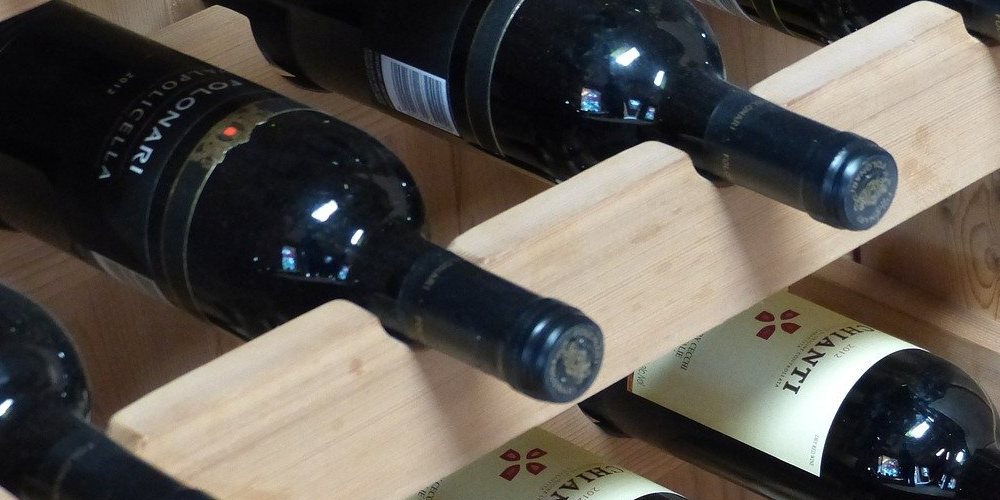
Wine is the main character of each social occasion in Venice.
Drinking an ombreta, which literally is "little shadow" but means "glass of wine" is the quintessence of being Venetian.
So, how could wine not be present in most of the Venetian proverbs and ways of saying?
One of the most famous is indeed "It's better to die drunk than eaten" (in Venetian: "Meio morir bevui che magnai").
Among the most famous and colorful proverbs we are counting:
- "At nights drunk, in the morning stunned", which in Venetian sounds like "A la sera ciochi, a la matina bisi";
- "The one who invented wine, if not in Paradise, he's so close to it", which in Venetian is "Chi ga inventà el vin, se nol xe in Paradiso, el xe vissìn".
- "When everyone says you're drunk, it's better you go to bed", which in Venetian is like "Quando tuti te dise imbriago, va in leto".
- "Young woman, old wine" which in Venetian is "Dòna zóena, vin vècio".
- "Who drinks well sleeps well; who sleeps well, does nothing wrong; who does nothing wrong goes in paradise; so let's drink well until we die". In Venetian is "Cuel que bíu ben, al dorm ben; e cuel que dorm ben, no l fá pecá; ma cuel que no fá pecá, al nda in paradixo: elora beón fin que crepòn".
We could share many more, because wine is one of the Venetian cornerstones: whether it's drunk during meals or sipped during breaks, or diluted in water, wine is truly important.
And what about food?
Venetian proverbs about Food
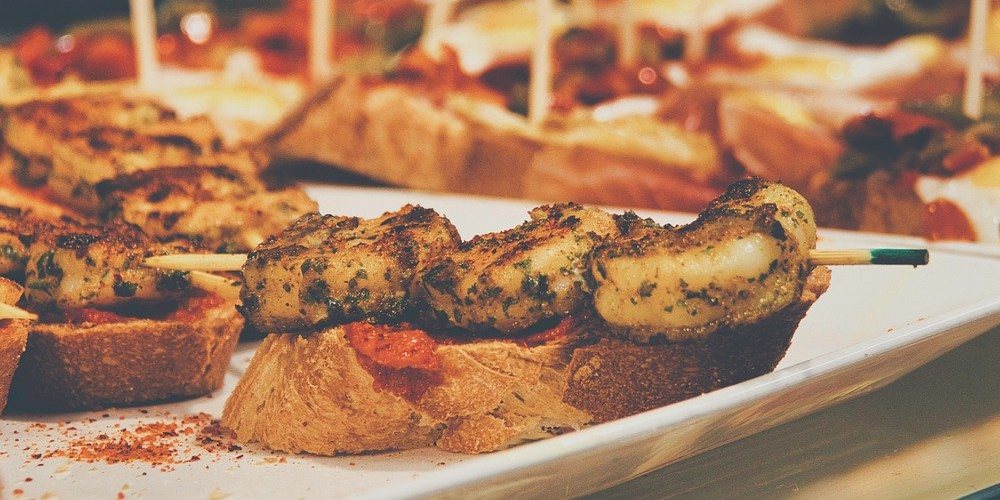
Food is an extremely important part of Venice tradition (and not just Venetian).
Culture is full of proverbs and ways of saying that belong to another time, when Venetian families struggled to find something to feed themselves and their children.
Venetian proverbs deal with poor and simple food, like polenta, bread and beans. In fact, "Beans and polenta are meat to poor people" claims one of the most important proverbs (in Venetian: "I faxúi e la polenta i é la carne de la dente poareta").
Among proverbs related to food, there is also something funny which we are happy to share in the following list:
- "Bread from Padova, wine from Vicenza, tripe from Treviso and women from Venice", which in Venetian sounds like "Pan padovan, vini visentini, tripe trevisane e done veneziane".
- "When there's no polenta, even crusts are good", which in Venetian is "Co no guen é pi polenta, le é bone anca le cróstole".
- "The pig that eats enough does not believe to the starving one", which in Venetian is "Porco passùo no crede a l'afamà";
- "Eat polenta and cheese, but just at home" which warns people not to share private business outside the family. In Venetian is like "Polenta e formái, ma a caxa soa";
- "Reheated soup is never good" which is a proverb known throughout Italy, not just in Venice, and its true meaning has nothing to do with soups at all. It's used especially when referring to couples getting back together after splitting up. In Venetian dialect is like "La menestra riscaldada no la é mai bona".
Other common, but really funny, Venetian proverbs
.jpg)
In this last section, we should have added thousands of proverbs and ways of saying.
We selected the most funny ones but also proverbs that embody the good living and Joie de vivre typical of Venetians.
You'll see: we have shared more than just 15 proverbs with you.
- "Where you can eat in five, you can also eat in six" which conveys the generous spirit of most Venetians (in Venetian dialect is "Tant maña zhincue que síe");
- "Bad luck is always ready, like tables inside taverns", which in Venetian sounds like "Le disgrazie xe sempre pronte, come le tole dele osterie";
- "Better eat till you're stuffed, than leave leftovers", which in Venetian is "Pitóst crepapanzha que roba vanzha";
- "One hour of joy is more worth living than one hundred hours of sadness", which translated into Venetian dialect is "Val depí an ora de alegría que zhento de malinconía";
- And, as our last proverb, we share something which is repeated over and over inside Venetian houses: "Beati i ultimi se i primi gà creansa" which means "The last ones are blessed only if the first have compassion for them".



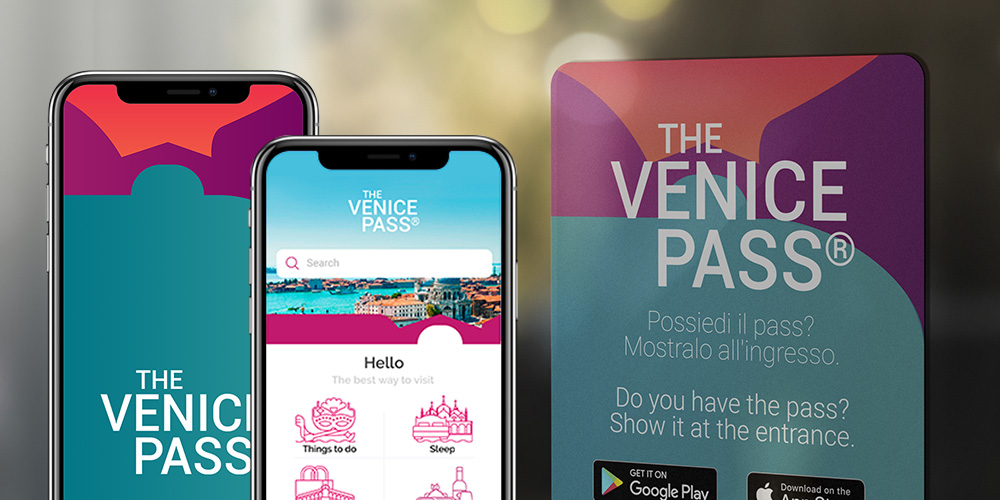
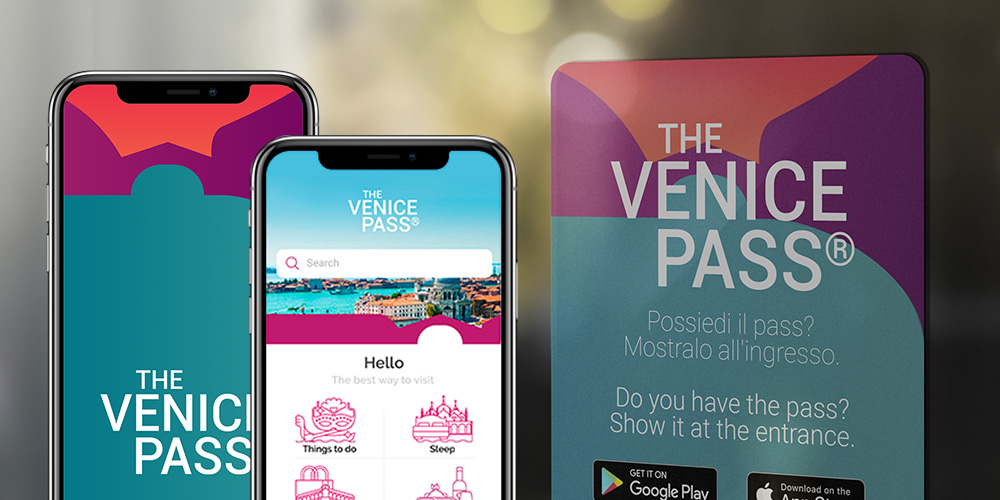
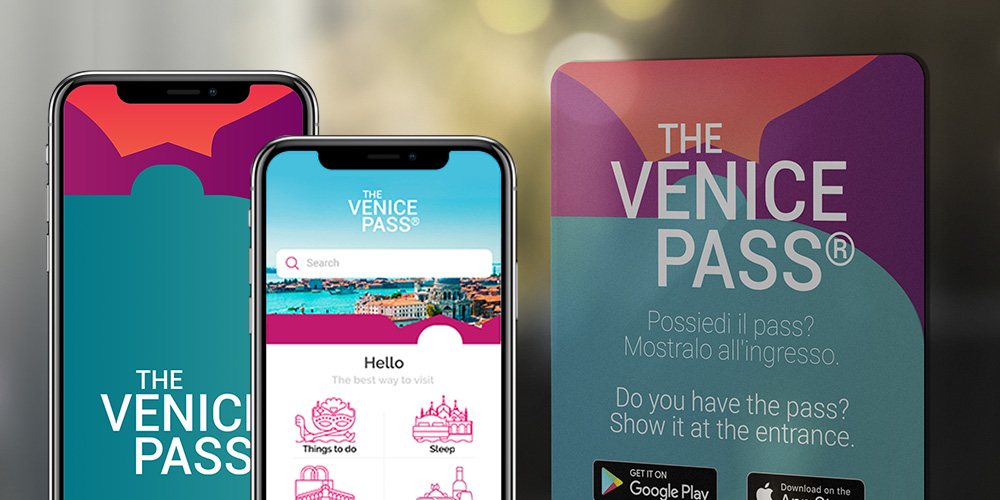
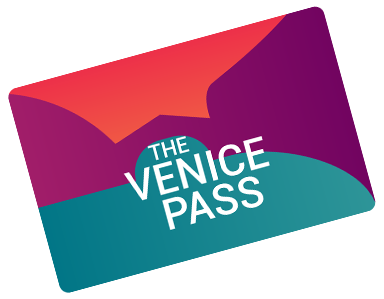


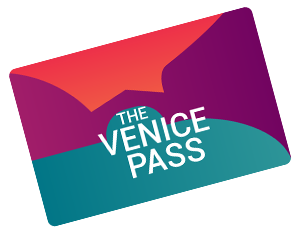
Lascia un commento